Swiss NGOs want more flexibility in asylum claims
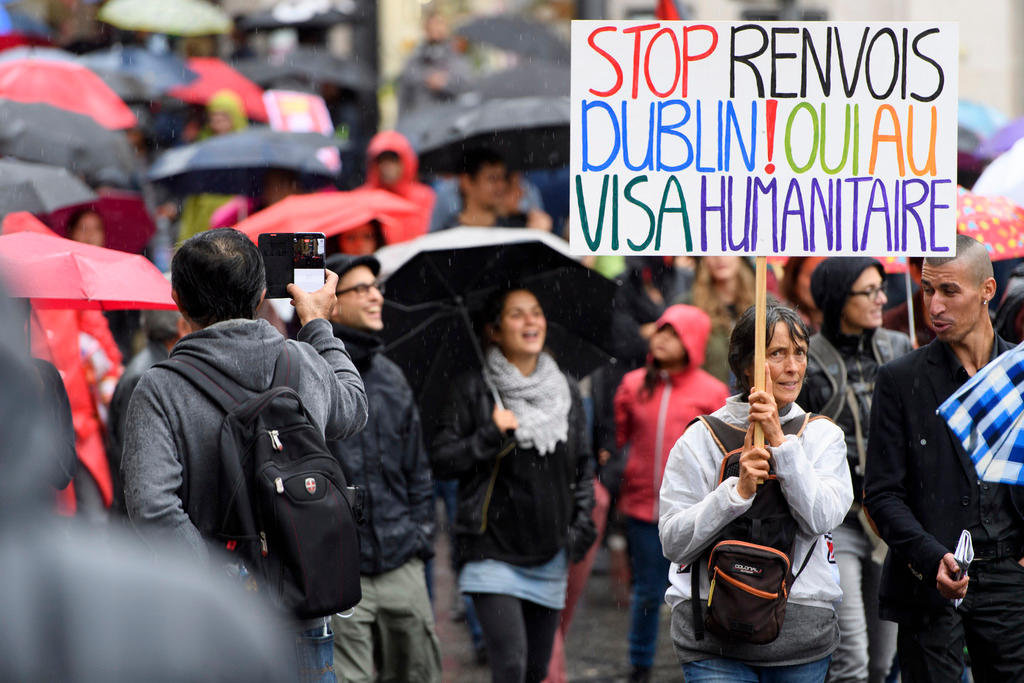
Human rights organisations repeated a call on Monday for the Swiss government to consider a more flexible application of the Dublin asylum regulations, especially when it comes to sending back child refugees.
The call “for a Switzerland that respects the rights of children and vulnerable refugees” was first launched in April 2017, but was reiterated Monday to mark the United Nations-sponsored Universal Childrens’ DayExternal link.
The groups, including Amnesty InternationalExternal link, the Swiss Refugee CouncilExternal link, and several others, called on justice minister Simonetta Sommaruga to convene a meeting to hear their demands. These largely involve more leniency in applying asylum law to minors.
The campaigners want a less stringent application of the so-called Dublin RegulationExternal link, which stipulates that the first country in which an asylum seeker arrives is responsible for any asylum claim, a practice that results in thousands of resettlements each year.
When it comes to children, the NGOs say, such resettlements can severely interrupt the education and development of youths who have already begun adapting to life in one country. In some cases, they are even separated from their parents.
Such practices, though consistent with Dublin regulations, contravene the basic tenets of the UN Convention on the Rights of the Child, the NGOs say. Thus, in extreme cases or where there are strong humanitarian reasons, forced resettlement should be avoided.
No change in law is necessary, the call says, simply an “appeal to common sense”; the Dublin Regulation includes a so-called “discretionary clause” that can be invoked in certain cases.
Strict enforcement
Switzerland is a strict enforcer of the Dublin agreement: in 2016, it returned 3,750 people under the terms of the regulations, while accepting the asylum requests of 469. Only Germany and Sweden sent back more, but they also accepted much more – 12,091 and 3,306 respectively.
The Dublin accord itself has come under serious pressure in recent years due to high numbers of refugees and migrants fleeing surrounding regions. Between 2009 and 2015, the number of Dublin asylum requests across Europe more than doubled.
swissinfo.ch and agencies/dos

In compliance with the JTI standards
More: SWI swissinfo.ch certified by the Journalism Trust Initiative







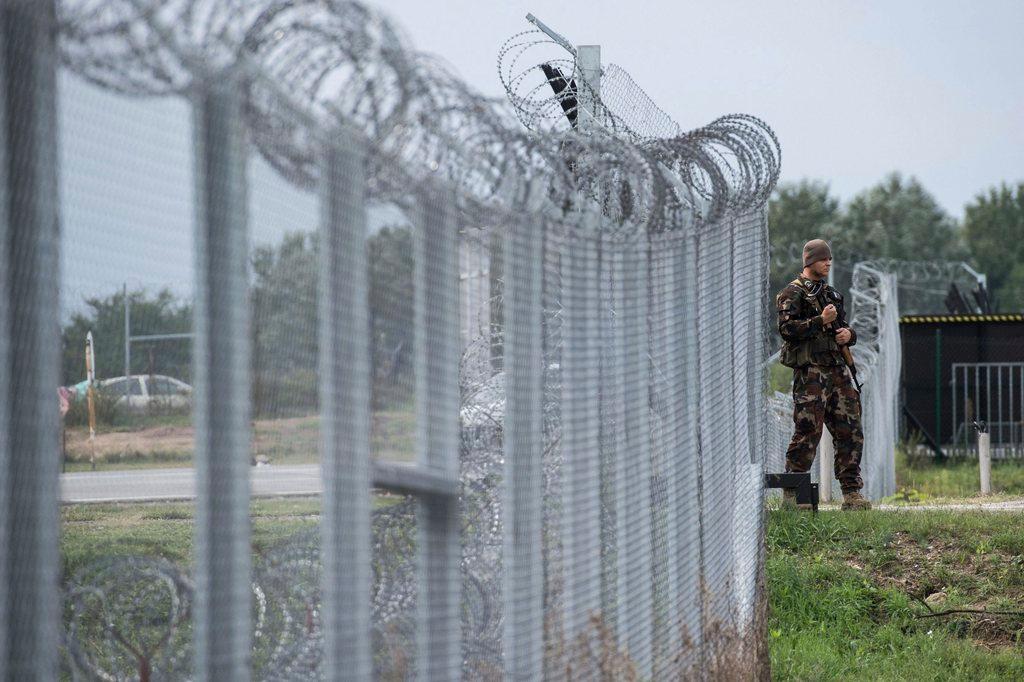
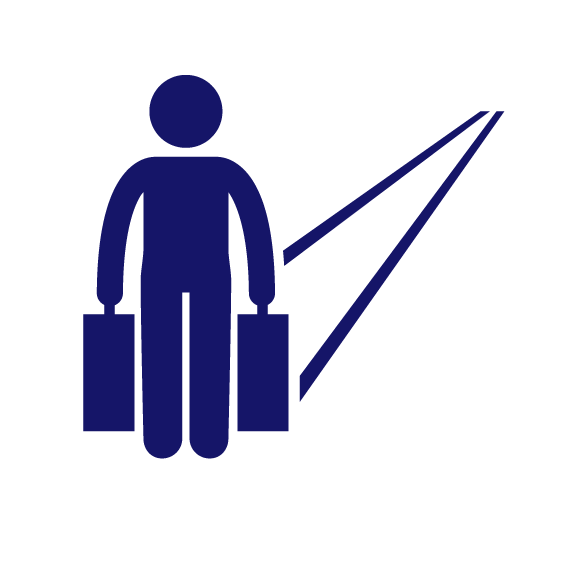
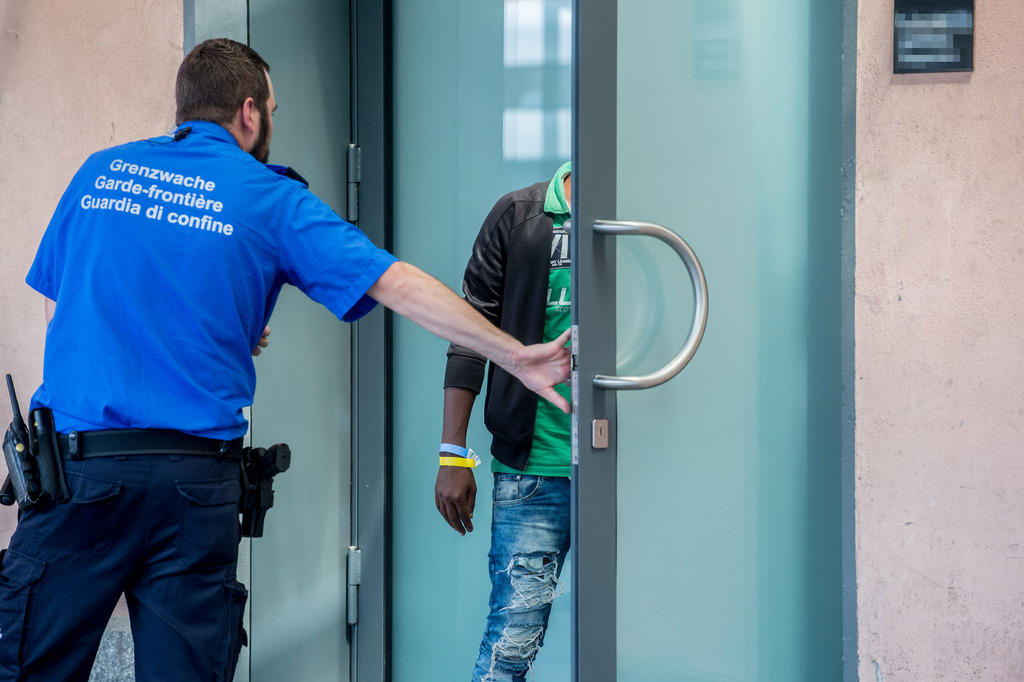
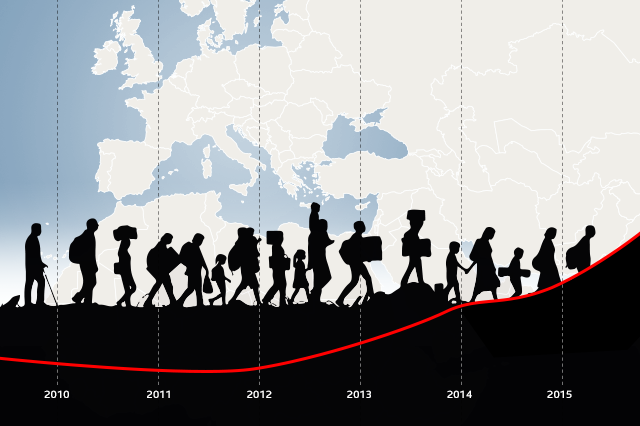
You can find an overview of ongoing debates with our journalists here . Please join us!
If you want to start a conversation about a topic raised in this article or want to report factual errors, email us at english@swissinfo.ch.